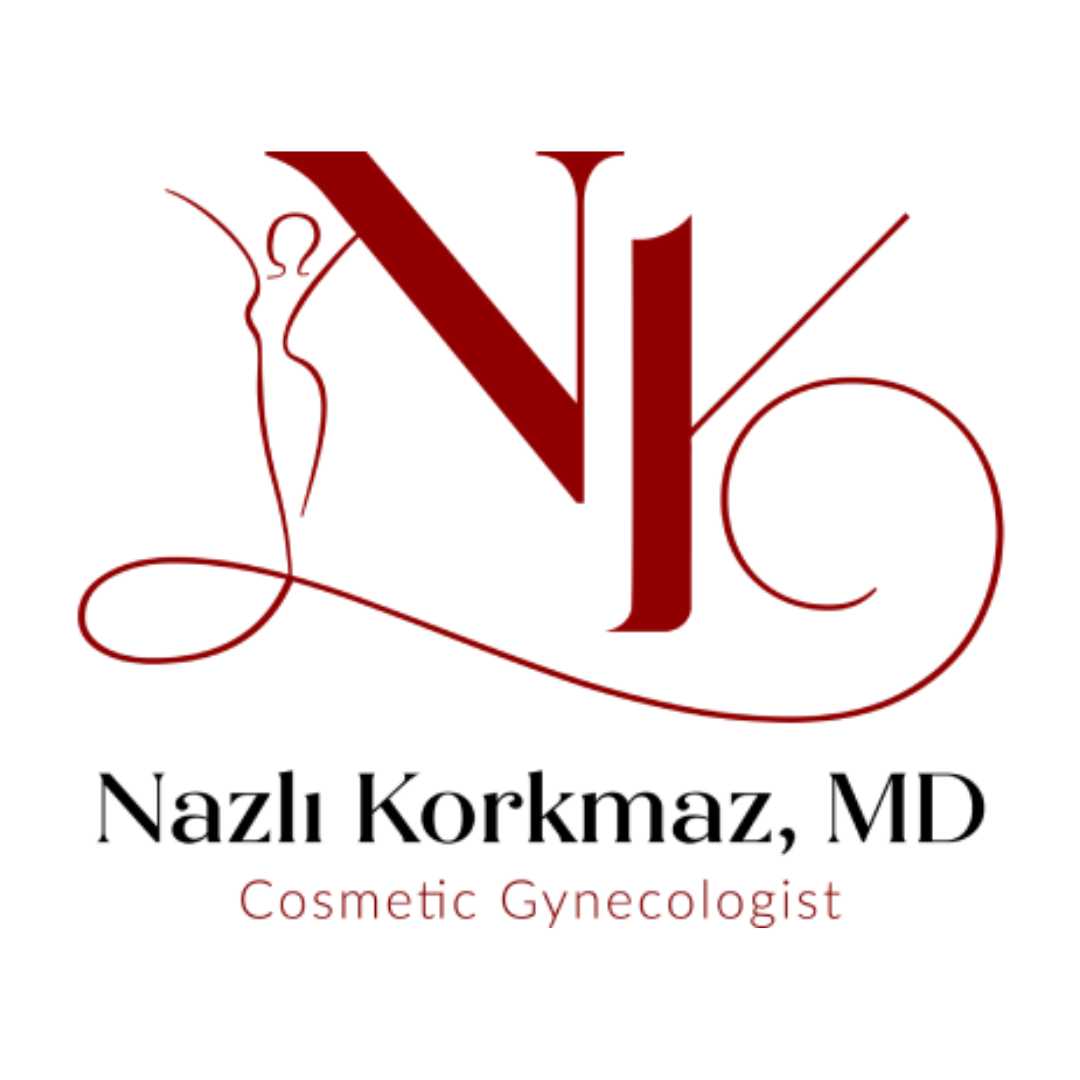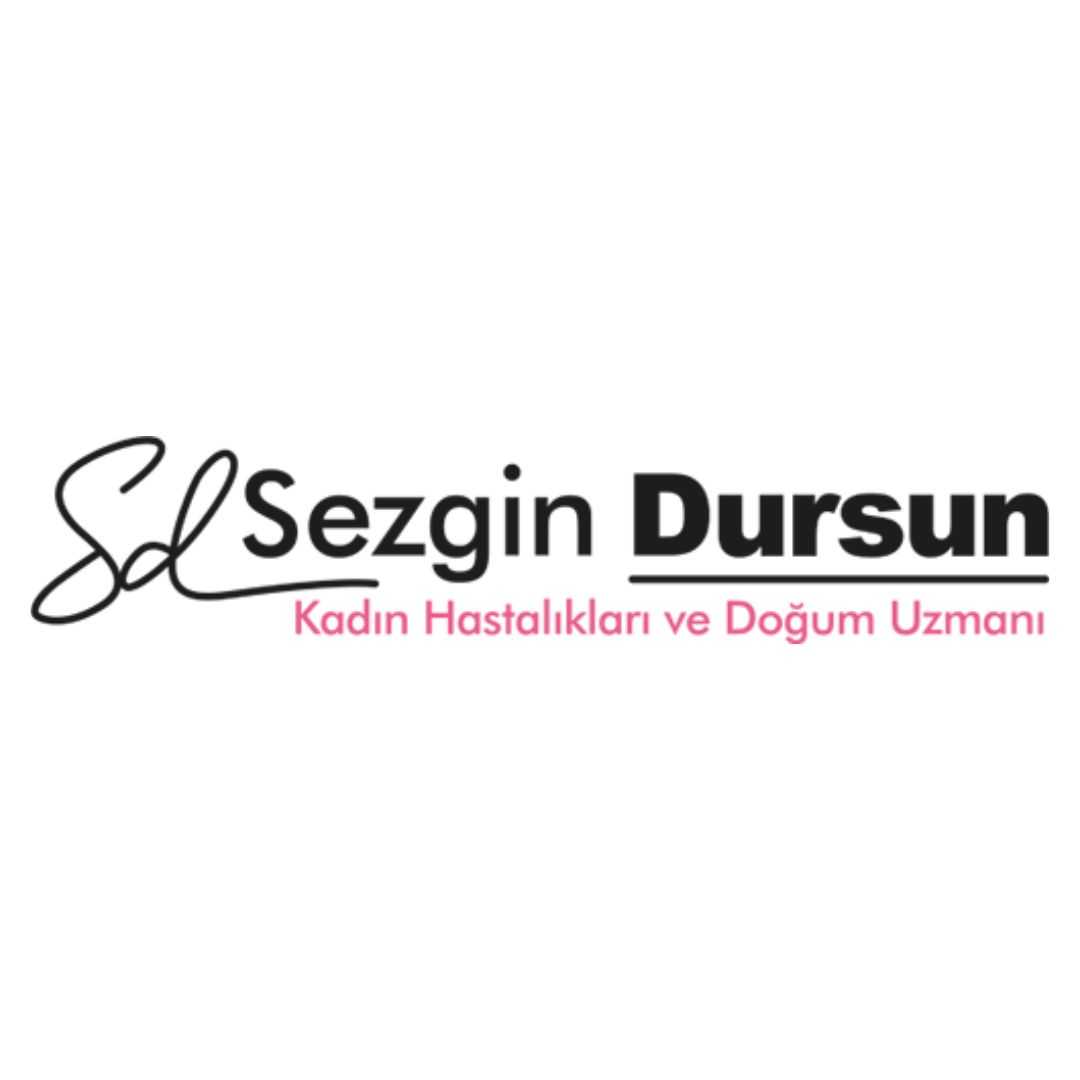IVF Doctors in Turkey the Preferred Choice for Fertility Treatments

The journey to parenthood can be filled with hope, challenges, and countless questions. For many, In Vitro Fertilization (IVF) represents a path forward, but the high costs and varying success rates in Western countries can be significant barriers. This is where Turkey has emerged as a global leader and a beacon of hope. Year after year, thousands of international patients travel to cities like Istanbul and Ankara, not just for a vacation, but to work with some of the world's most skilled fertility specialists. The question many people ask is: what makes IVF doctors in Turkey so special? It's a powerful combination of factors that go far beyond just price.
Turkey has strategically invested in its healthcare infrastructure, creating a medical tourism hub that rivals the best in the world. In the field of reproductive medicine, this translates to state-of-the-art IVF clinics in Turkey, internationally trained doctors, and a patient-centric approach that understands the emotional weight of the fertility journey. The country’s top specialists are often members of prestigious global organizations like the American Society for Reproductive Medicine (ASRM) and the European Society of Human Reproduction and Embryology (ESHRE). They bring a wealth of experience and are pioneers in advanced techniques that maximize the chances of a successful pregnancy. This guide will delve into every aspect of why seeking fertility treatments in Turkey could be the best decision for your family-building journey, exploring everything from success rates and costs to the qualifications of the doctors and the advanced technology they use.
What Makes Turkish IVF Doctors Stand Out?
The expertise of IVF doctors in Turkey is a cornerstone of the country's success in fertility tourism. These specialists undergo rigorous medical education followed by sub-specialization in reproductive endocrinology and infertility. Many have further honed their skills through fellowships and work experience in leading fertility centers across the globe, bringing back world-class knowledge and techniques.
This international exposure means they are adept at using the latest diagnostic tools and treatment protocols. Furthermore, because Turkey is such a popular destination, these doctors treat a diverse and large number of patients. This high volume translates into a deep well of practical experience, allowing them to successfully manage even the most complex infertility cases with confidence and skill. Their commitment to ongoing research and education ensures they remain at the forefront of the fertility field.
How Do IVF Success Rates in Turkey Compare Internationally?
One of the most critical factors for anyone considering IVF is the success rate. Turkey's top clinics report outcomes that are on par with, and frequently better than, those in many Western nations. This success is not accidental; it's the result of combining experienced specialists with superior laboratory conditions and advanced genetic screening methods.
For instance, the use of Preimplantation Genetic Testing (PGT) to screen embryos for chromosomal abnormalities before transfer significantly boosts the chances of a healthy pregnancy. Clinics in Turkey have widely adopted this technology. Here’s a look at how the numbers generally stack up:
| Country | Average Live Birth Rate (Per Cycle, Under 35) | Key Advantage |
|---|---|---|
| Turkey | ~55% - 65% | High-tech labs, PGT, experienced doctors |
| USA | ~37% - 45% | Wide range of options, advanced research |
| UK | ~27% - 35% | Strong regulatory standards (HFEA) |
These figures demonstrate that choosing Turkey for IVF is not a compromise on quality but a strategic choice for a higher probability of success.
What is the Average Cost of an IVF Cycle in Turkey?
The financial aspect of fertility treatment is often the biggest hurdle for couples. The cost of IVF in Turkey is a game-changer. This affordability is achieved through the country's lower cost of living, which reduces operational expenses for clinics, including staff salaries, rent, and lab maintenance. These savings are passed directly to the patient.
Even when factoring in the cost of flights and accommodation, the total expense for a full treatment cycle in Turkey is often less than the cost of the procedure alone in the US or UK. Many clinics further enhance this value by offering all-inclusive packages that cover medical procedures, medications, hotel stays, and local transportation, providing financial clarity and peace of mind.
Are the Low IVF Costs in Turkey a Sign of Lower Quality?
It's a common misconception that lower price equals lower quality, but in the case of Turkish medical tourism, this is false. The country's healthcare system has invested heavily in achieving international standards. The best IVF clinics in Turkey are often accredited by globally recognized bodies like the Joint Commission International (JCI), which is the gold standard in global health care.
These clinics utilize the same advanced technologies, such as Embryoscope+ incubators and ICSI (Intracytoplasmic Sperm Injection) techniques, and source their medications and lab equipment from the same international suppliers as clinics in the West. The affordability is purely an economic advantage, allowing patients to access premium care without the premium price tag.
What Qualifications Do Top IVF Specialists in Turkey Hold?
The credentials of IVF doctors in Turkey are impressive and transparent. Patients can easily verify their qualifications. A top specialist will typically have a profile that includes:
- A medical degree from a reputable Turkish or international university.
- Specialization in Obstetrics and Gynecology.
- A sub-specialty degree or certificate in Reproductive Medicine.
- Membership in key professional organizations (e.g., ESHRE, ASRM, TSRM).
- A list of published research papers in peer-reviewed journals.
- Extensive experience, often measured in thousands of successful IVF cycles performed.
This level of qualification ensures that patients are treated by true experts who are not only skilled clinicians but are also contributing to the advancement of reproductive science.
What Advanced Technologies Are Used in Turkish IVF Clinics?
Staying current with technology is key to high IVF success rates. The best IVF clinics in Turkey invest heavily in their laboratories, which are the heart of any fertility center. Patients can expect access to a full suite of advanced services:
- ICSI (Intracytoplasmic Sperm Injection): A standard procedure in Turkey for overcoming male factor infertility, where a single sperm is injected directly into the egg.
- PGT (Preimplantation Genetic Testing): Allows for the screening of embryos for chromosomal abnormalities (PGT-A) or specific genetic diseases (PGT-M) before transfer.
- Embryoscope+ / Time-Lapse Imaging: These advanced incubators allow embryologists to monitor embryo development in real-time without disturbing them, helping to select the healthiest embryo for transfer.
- Embryo Freezing (Vitrification): The latest flash-freezing techniques are used to preserve surplus high-quality embryos for future use, with excellent survival rates.
Is IVF Treatment in Turkey Safe?
Patient safety is a top priority. Reputable Turkish clinics operate under stringent regulations and often seek international accreditation to demonstrate their commitment to quality and safety. They follow strict protocols for everything from medication administration and anesthesia to laboratory procedures and infection control.
The risk of complications, such as Ovarian Hyperstimulation Syndrome (OHSS), is minimized through careful monitoring and personalized stimulation protocols. Doctors provide clear instructions and support throughout the process, and their accessibility ensures that any patient concerns are addressed promptly. By choosing a well-reviewed and certified clinic, patients can be confident that they are in a safe and professional environment.
What’s Included in an All-Inclusive IVF Package in Turkey?
To simplify the experience for international patients, many clinics offer comprehensive packages. This approach provides transparency in pricing and removes the stress of logistical planning. While the exact contents can vary, a typical package will cover all essential aspects of the trip:
- Medical Services: The complete IVF cycle, from ovarian stimulation monitoring to embryo transfer.
- Medications: The cost of fertility drugs required for the cycle.
- Accommodation: A comfortable stay in a high-quality hotel for the required duration (usually around 2-3 weeks).
- Transfers: A dedicated driver for all necessary travel, ensuring you never have to worry about navigation or transport.
- Support: An English-speaking patient coordinator to assist you throughout your journey.
These packages allow patients to focus entirely on their treatment and well-being, making the process as smooth as possible.
What are the Legal Regulations for IVF in Turkey?
It is crucial for international patients to understand the legal landscape of IVF in Turkey. The regulations are clear and strictly enforced by the Ministry of Health. The primary requirement is that the couple must be legally married. Proof of marriage is required before starting any treatment.
Furthermore, all genetic material must come from the couple themselves. This means that egg donation, sperm donation, and embryo donation are not permitted. Similarly, surrogacy is illegal in Turkey. These laws are in place for cultural and ethical reasons, and reputable clinics will not offer any services that contravene them. The law also limits the number of embryos that can be transferred to prevent high-order multiple pregnancies.




.png)




.png)
.png)

.png)






Share this listing